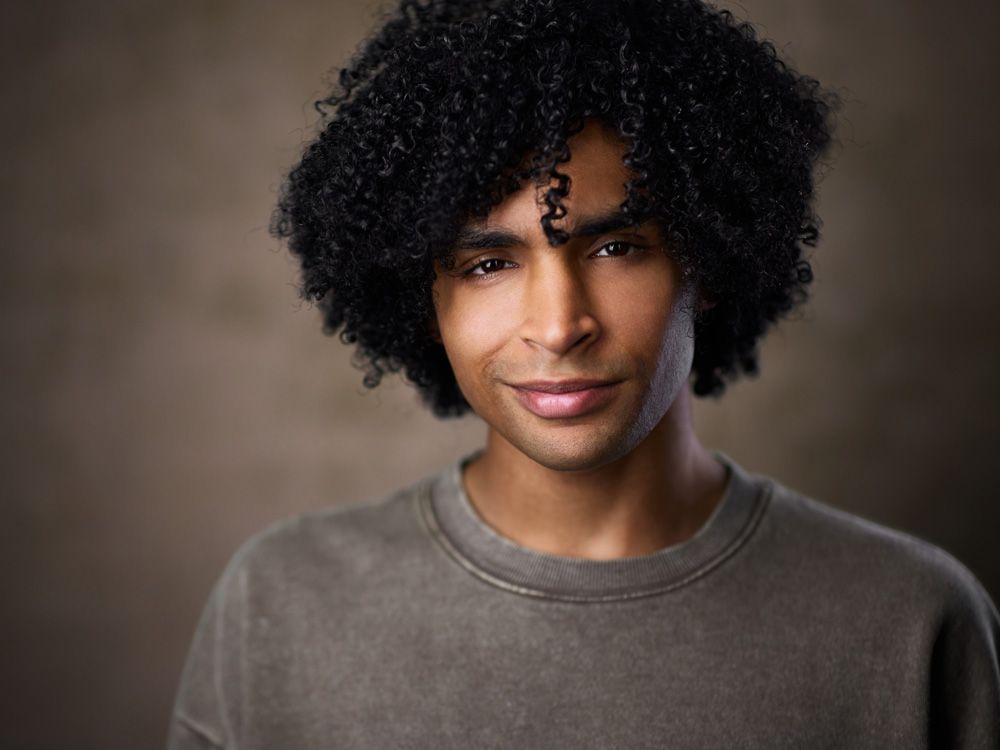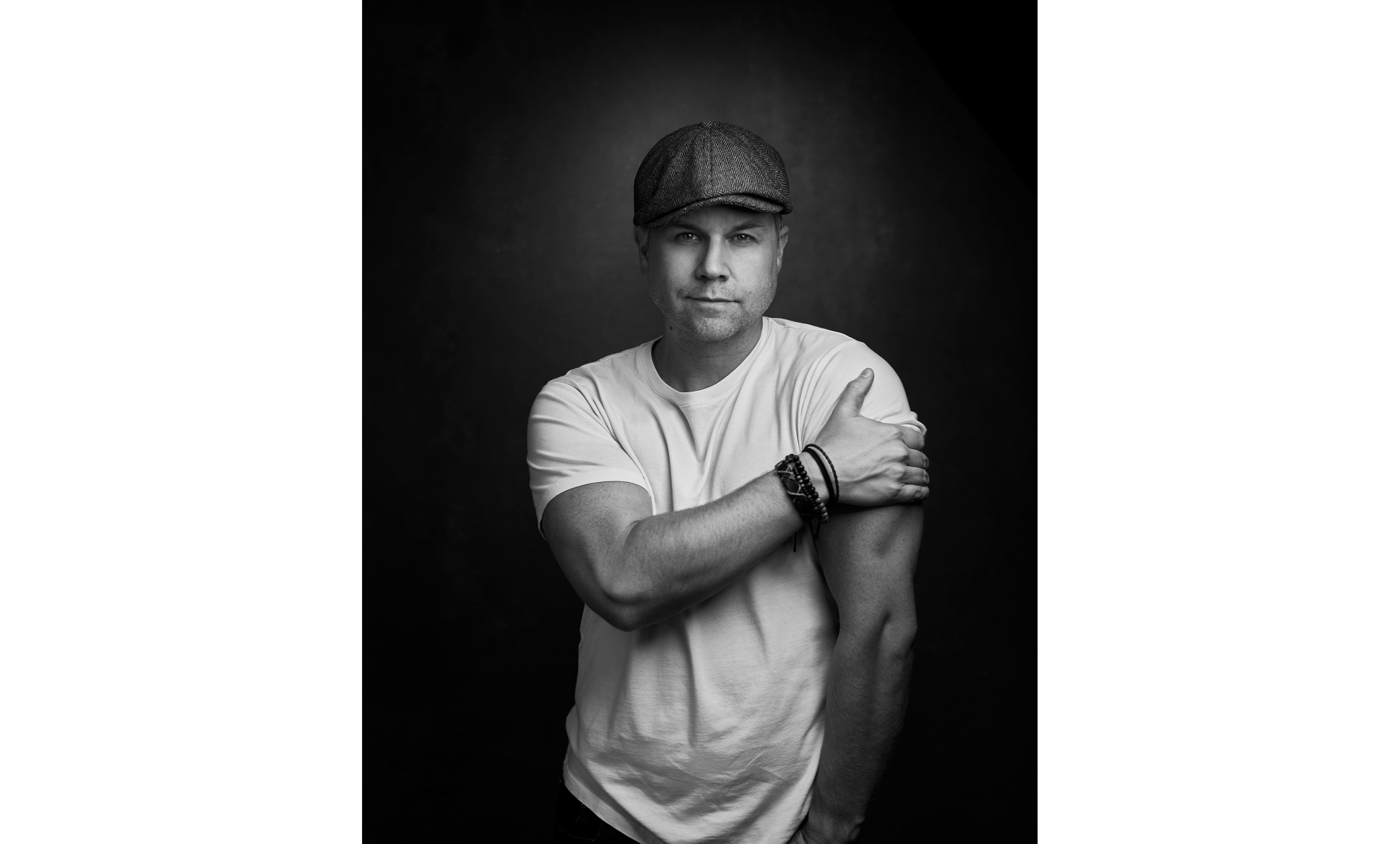Interested in starting your own entrepreneurial journey in photography but unsure what to expect? Then read up on our interview with Joe Loper, a headshot and portrait photographer based in Brooklyn, NY, USA.
What's your business, and who are your customers?
It's interesting to think about who my clients are because of the digital age. At one time, it was just for celebrities, politicians, and actors but with everything online now, that's not the case anymore. You need a headshot if you have any career requiring connecting with other humans. The most common descriptor you'll see about headshots is to 'stand out' or 'be genuine,' but we've evolved passed these cliches. What matters is creating imagery that gives each client the presence they want to project in pursuit of their goals. Many people don't get the feeling they've been 'seen' as a person on the regular, so making that happen on a small scale can have a massively positive impact.
I am always empathetic to my clients and pay attention to the little details. The obvious is making sure hairs are in place and clothes look fit, but it's about listening. Most clients will tell you their anxieties and fears about photos right up front, but even then, you have to take that in and not make an assumption about how to deal with them. Much of this job is being a sounding board, like a hair stylist or bartender. I always engage in conversation, but there are many times it’s best for me to listen and let them know they've been heard.
Building a rapport with someone takes time to learn because we’re all different. Even though we share a lot in common, how we present those personality traits varies wildly from person to person. So I’ve had to learn how to understand the personality types and know how to work with different kinds of faces. It isn’t a one size fits all situation, so to separate myself from everyone else, I try to be very specific with each client. That process takes time and effort to build, but after a while, I think it makes the ultimate difference.

Tell us about yourself
I left the military to pursue a career in acting, which makes sense, right? I was done working for other people in a way that only served their purpose. I'm proud of my service, but I wanted to do something with my life that was rare and could also benefit others in the most extensive scope possible. I went from being a full-time military to a full-time student, and within five years, I earned my B.A. and M.F.A. in drama. The transition from actor to photographer is along the same trajectory but without formal education. I figured I’d done my part with those student loans.
While going on auditions in New York, I would creep on what other actors had for their headshots, and, at the time, many rehearsal spaces offered retouching services as another source of income. Some of these spaces had a gallery wall of headshots they had worked on. I wasn't a photographer then, but it was apparent that what most people had, or what was on those walls, was not great. They ranged from being over-edited to awkward posing and just lousy lighting.
My initial reaction was anger because, as a working actor, I know how expensive headshots are and how vital they are to starting your career. You often get hired based on your look alone, so these were possibly hampering people's careers. I needed to figure out how to make it happen to add headshot photography to my skill set, so I knew someone would work to ensure everyone looked amazing. As an actor, you learn early on that no one will advocate more for you than you. What's interesting is how that same mantra translates to everyone. From CEOs to students just starting out, having a photo of yourself that excites you to share can give you much more of a push to keep going.
The journey was much longer because serious technical know-how is required to take a decent photograph, unlike acting. Not to mention the artistic eye that takes years to develop with the tried and true technique of taking a Library of Congress amount of images. There have been turning points, mentors, and many frustrations, but working with people to create headshots that can help redefine who they are has been worth the time.
What's your biggest accomplishment as a business owner?
I think it's important to note that the idea of identifying with our work as what defines us is finally falling by the wayside. I say that because I had little to no direction in my life until I was about 30 years old. At the same time, I had a full life for all that time, but what I lacked wasn't a job but a purpose. In the Air Force, I realized that my life was based on what other people expected of me. The downside is that most of the choices are unfulfilling, but I don't know why. So I just kept thinking it would improve if I tried harder, but I needed to step outside my comfort zone to see what was missing. This doesn't happen overnight, so it's important to be gracious to yourself if you're in a similar situation. Our most valuable insights in life are almost always after the fact.
Most adults have ideas or dreams as children that they want to pursue when they grow up, but life turns out differently for whatever reasons. I was fortunate enough to find myself in a place that would allow me to go back to that original desire and pursue it as an actual career. I think the difference is choosing to take the risk of the unknown when presented with the choice rather than going with what's known because it's less scary.
This is what led me to train as an actor and would eventually help me discover headshot photography. With storytelling, I can impact other people by taking them on a journey and introducing ideas that might have otherwise gone unnoticed. Think about a movie, a song, a book, or even a dance you've seen that changed how you felt about your connection to the world. It's almost an immutable fact that everyone has been affected this way by art.
Headshot photography is the same process but on a one-on-one level. When I'm working with a client, we talk about pretty much anything to help ease their anxieties because the experience of being in front of a camera is very humbling. It requires me to be the best version of myself in order to meet people where ever they are in their life. From there, we create headshots that help them take the next step or continue their work. Either way, there are now two people that connected on a personal level and are all the better for it.
What's one of the hardest things that comes with being a business owner?
From a photographer's point of view, one of the hardest things that come with being a business owner is striking a balance between artistic vision and commercial viability. As a photographer, you may have a particular style or niche you're passionate about, but at the same time, you must ensure that your work is appealing to potential clients and meets their needs.
This can be a difficult balance because you want to maintain your artistic integrity and creative vision, but you must also make a living and build a successful business. You may also have to deal with the administrative side of running a business, such as marketing, accounting, and managing client relationships. This can be time-consuming and take away from your creative work. This can be a lonely path to choose. Even with employees and customers, it all comes down to your efforts. Did I call that client? Are the deliverables ready to go? Should I spend money on marketing or upgrading equipment?
Ultimately, being a successful photographer and business owner requires creativity, business acumen, and adapting to changing market conditions and client needs. It's a challenging but rewarding path for those willing to put in the time and effort to make it work.
What are the top tips you'd give to anyone looking to start, run and grow a business today?
- Focus on providing value: The key to building a successful business is delivering value to your customers. This means understanding their needs and pain points and creating products or services that solve those problems uniquely and effectively. Ensure your products or services stand out in the marketplace and deliver real value to your customers, which takes time.
- Embrace change and adapt quickly: The business landscape is constantly evolving, and adapting rapidly to new challenges and opportunities is essential. Adapting speedily and embracing change can help you stay ahead of the competition and capitalize on new opportunities. Stay up-to-date with industry trends, consumer behavior, and technological advancements, and be willing to pivot your business strategy when necessary.
- Build a strong network: Networking is crucial for any business, and building a solid network of contacts and partners who can help you grow your business is essential. Networking can help you find new clients, build partnerships, and gain valuable insights and advice from other successful business owners. Attend industry events, join professional organizations, and connect with other entrepreneurs and business owners in your community.
Where can people find you and your business?
Website: https://joeloper.com/
Instagram: https://www.instagram.com/joehloper/
LinkedIn: https://www.linkedin.com/in/joeloper/
If you like what you've read here and have your own story as a solo or small business entrepreneur that you'd like to share, then please answer these interview questions. We'd love to feature your journey on these pages.
Turn your craft into recurring revenue with Subkit. Start your subscription offering in minutes and supercharge it with growth levers. Get early access here.
